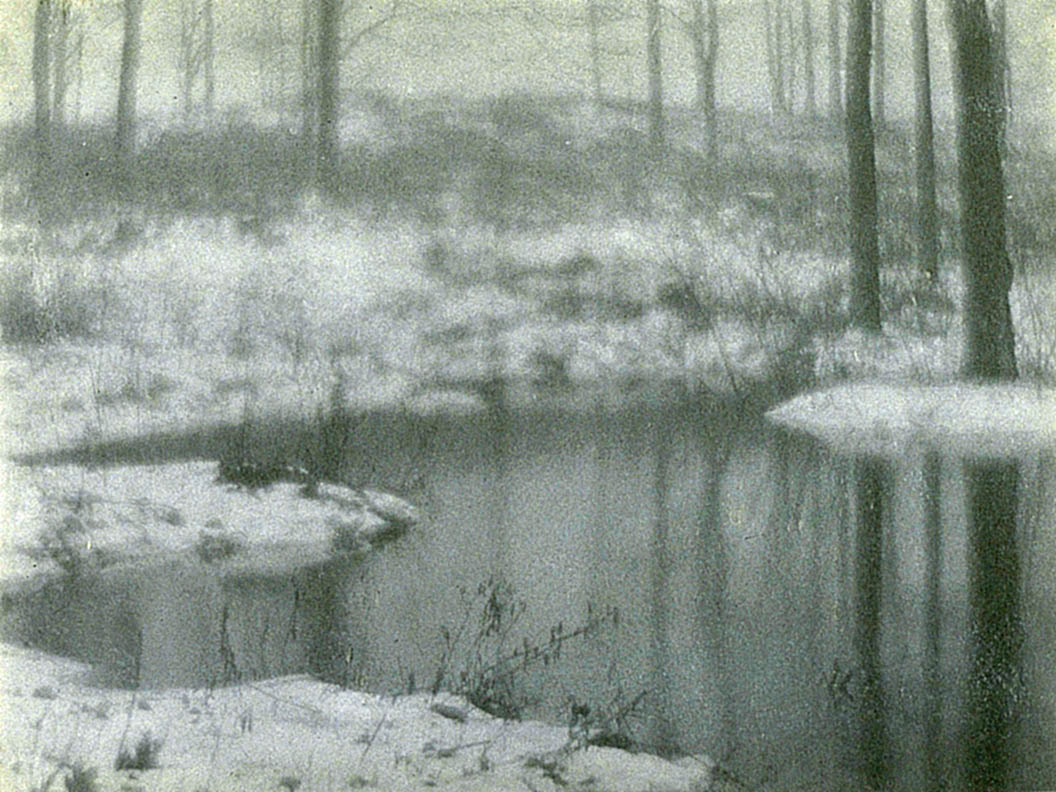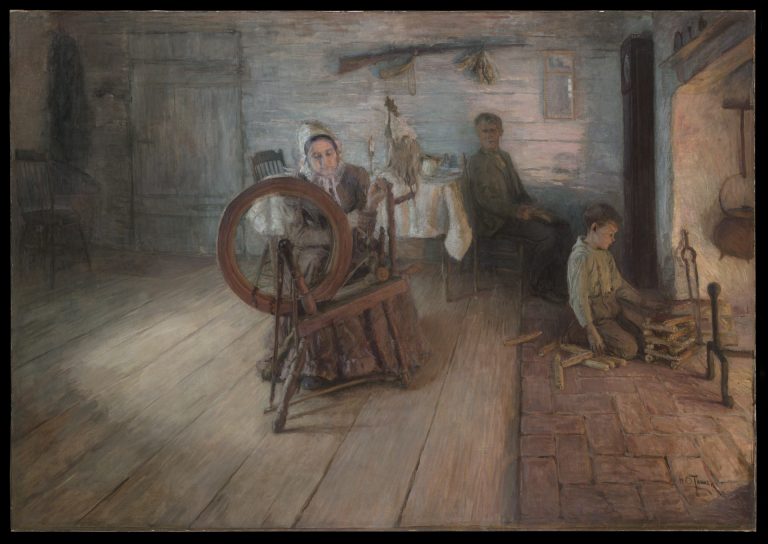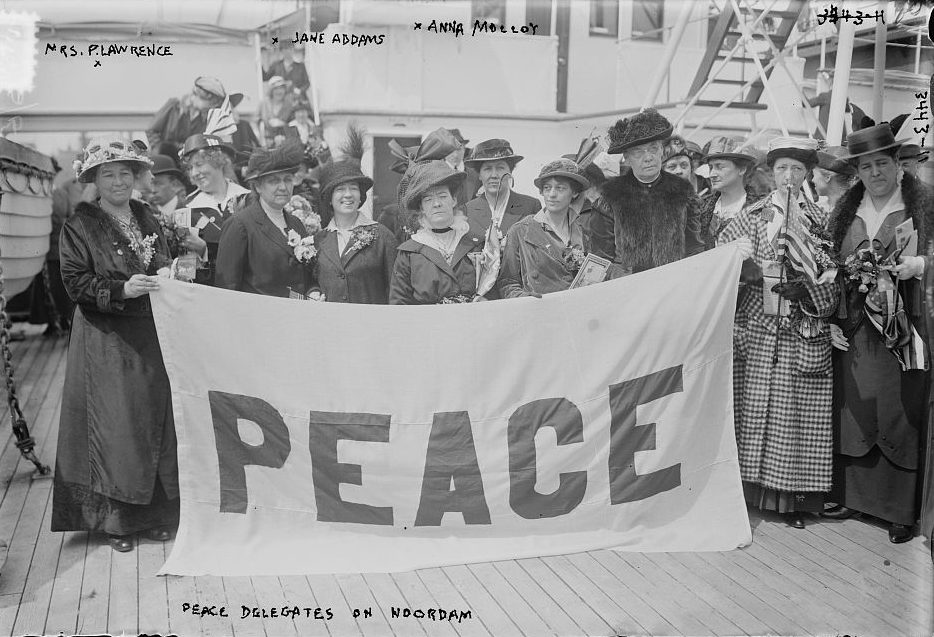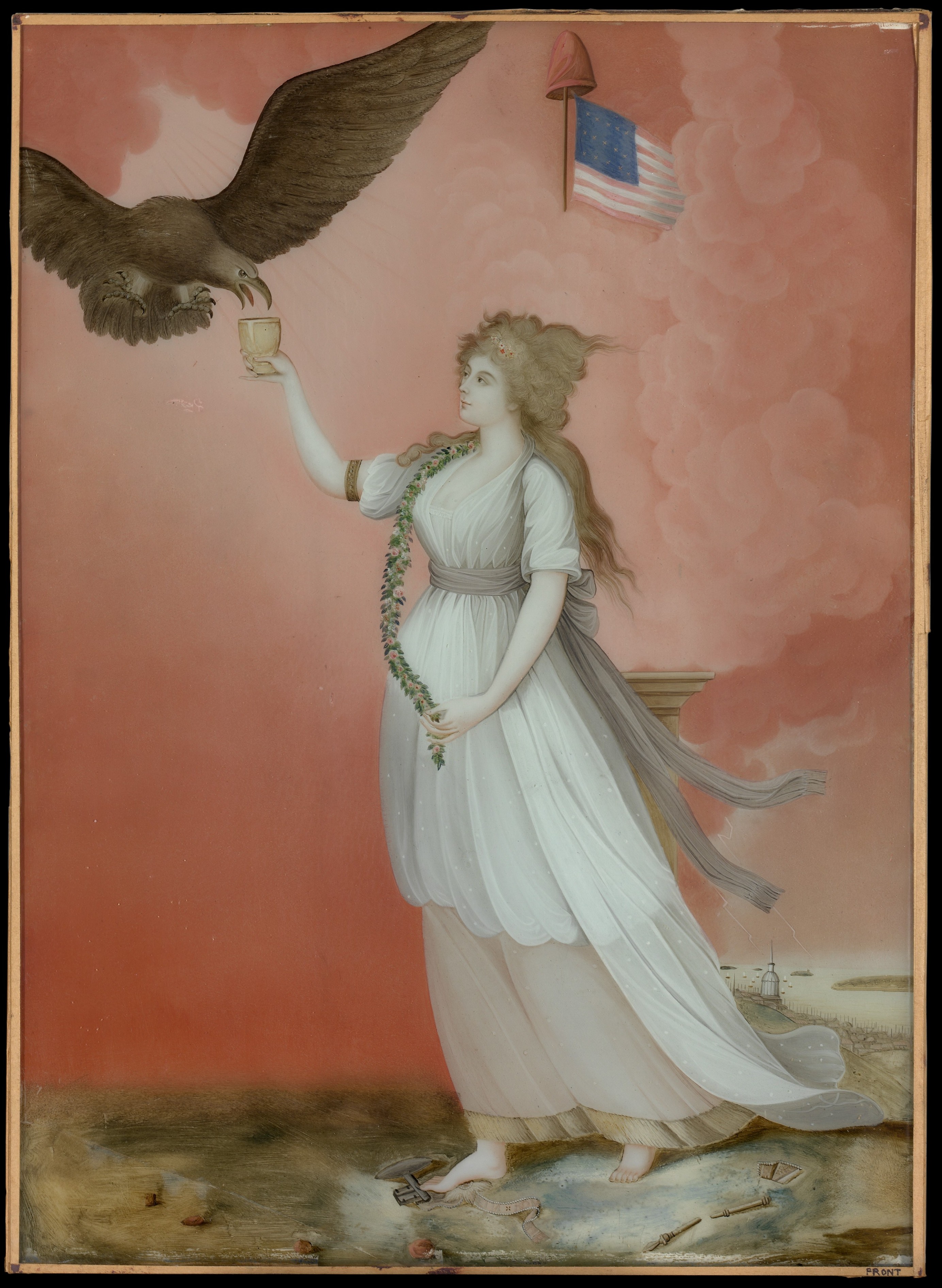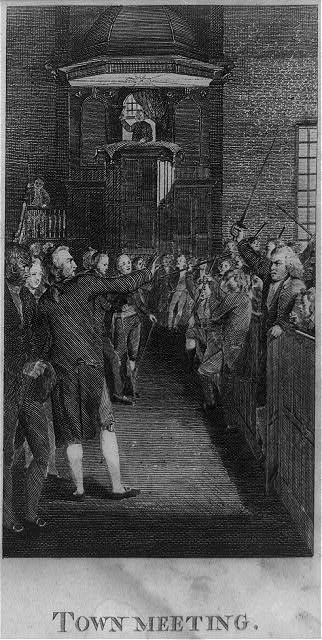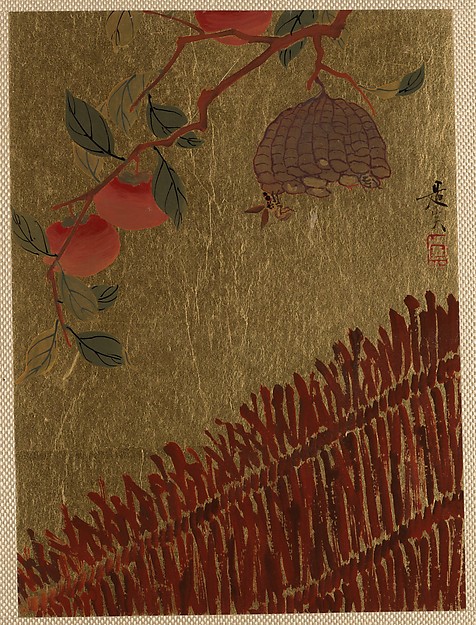Analysis of “Elegy for a Dead Soldier” by Karl Shapiro
Ellen Deitz Tucker
For the 75th Anniversary of Pearl Harbor

[Aerial photograph, taken by a Japanese pilot, of the destruction of Pearl Harbor, Japanese bomber in lower right foreground]. Library of Congress Prints and Photographs Division, LC-USZ62-129812.
The first stanza describes a hastily arranged yet beautiful funeral rite. Earlier in 1944, war correspondent Ernie Pyle had sent home a stark account of “The Death of Captain Waskow” – in which soldiers recognize and bid goodbye to just one of a number of corpses lying beside a road in Italy, all to be transported out and buried elsewhere. To American imaginations still haunted by Pyle’s story, Shapiro’s account of the attentions paid to the soldier of the Pacific must have brought soothing balm:
A white sheet on the tail-gate of a truck
Becomes an altar; two small candlesticks
Sputter at each side of the crucifix
Laid round with flowers brighter than the blood,
Red as the red of our apocalypse,
Hibiscus that a marching man will pluck
To stick into his rifle or his hat,
And great blue morning-glories pale as lips
That shall no longer taste or kiss or swear.
The wind begins a low magnificat,
The chaplain chats, the palmtrees swirl their hair,
The columns come together through the mud.

[Pearl Harbor naval base and U.S.S. Shaw ablaze after the Japanese attack]. Library of Congress, Prints and Photographs Division, LC-USZ62-16555.
As usually excerpted, the poem asserts its moral stance in these lines from the fifth stanza:
However others calculate the cost,
To us the final aggregate is one,
One with a name, one transferred to the blest;
And though another stoops and takes the gun,
We cannot add the second to the first.
Those directing wars count casualties to measure the war’s cost. But those who fight wars see incalculable loss in the death of each comrade: a complete human consciousness “transferred” out of the known world.

Wreckage of USS Arizona, Pearl Harbor, Hawaii, December 7, 1941. Library of Congress, Prints and Photographs Division, LC-USZ62-132048.
The next five stanzas paint a portrait of the fallen soldier. He seems an American Everyman: a sturdy draftee, admirable in his readiness and limited in his outlook, in peculiarly American ways. Among other details, Shapiro tells us the young man expected to explore the freedom granted him as an American; yet he consented to an interruption in this life plan because he recognized that political freedom must be defended:
He knew to which decision he belonged
But let it choose itself. Ripe in instinct,
Neither the victim nor the volunteer,
He followed, and the leaders could not seek
Beyond the followers.
He is a practical man who does his duty without self-pity and expects others to do the same – and he expects that, duty done, he can resume his life, his free pursuit of the wealth American society generates. Shapiro uses the metaphor of the Lincoln Highway, an early transcontinental route for automobiles (dedicated in 1913, just five years after Henry Ford’s introduction of the affordable Model T) to encapsulate the possibilities the young man hoped to pursue:
The journey was a detour that would steer
Into the Lincoln Highway of a land
Remorselessly improved, excited, new,
And that was what he wanted. He had planned
To earn and drive. He and the world had winked.
This young man is neither a modern political idealist nor a Christian one. He would laugh at Anatole France’s claim that modern wars are fought to feed capitalist industrialist greed, and he disregards Jesus’ teaching about non-retaliation:
He laughed at socialism; on mourrait
Pour les industriels? He shed his coat
And not for brotherhood but for pay.
Whether American victory in this war will bring a better future for all humanity is a question he does not ponder. In this he is simply a realist, Shapiro suggests. No human individual is granted foreknowledge how his performance of duty might affect history:
No man can ever prophesy until
Out of our death some undiscovered germ,
Whole toleration or pure peace is born.
Without examining stanzas six through ten, readers may not understand how Shapiro arrives at the affirmation in his epitaph: that from the death of this soldier a peace will somehow be won. Read in isolation, the epitaph seems to say that the soldier’s death affirms a Christian world-view, in which brotherly love eventually turns swords into ploughshares. But reading the entire poem causes one to think more carefully about the “human creed” the soldier died defending. Perhaps the soldier’s simple American optimism – however alloyed with his slightly examined Christian commitment – is itself a creed worth dying for. Perhaps the poem offers us the American pursuit of happiness, an aspiration that ordinary people the world over can understand, as the force that will finally displace the need for war.
Citation
Excerpts of the poem are quoted from Karl Shapiro, The Wild Card: Selected Poems, Early and Late. Edited Stanley Kunitz and David Ignatow. University of Illinois Press, 1998.
